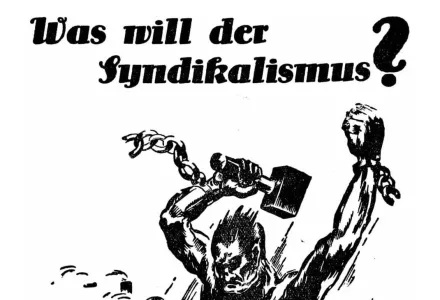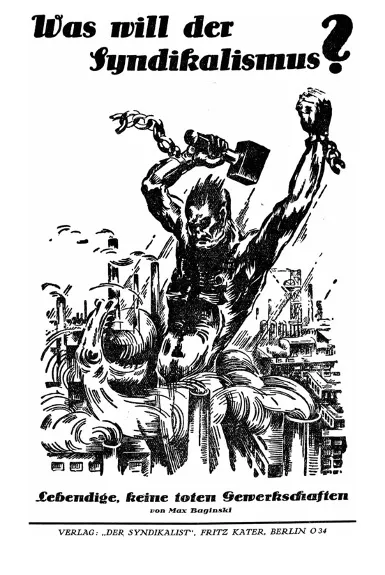Anarcho-Syndicalism in Germany and the Rise of Fascism, 1929–1939
Speaker: Mina Mitreva, Ernest May Fellow in History & Policy, International Security Program
German anarcho-syndicalists were active participants in the 1918 Revolution and their ranks experienced rapid growth in the early years of the Weimar Republic. As the political crisis of German democracy deepened, the non-violent anarchist movement was wiped out of existence by political radicalization. Yet it did not dissolve without resistance. This talk will reconstruct the process of systematic suppression and eradication by which the Nazi regime silenced left-wing political opposition in the early 1930s. It will also shed light on the domestic and transnational anarcho-syndicalist resistance to fascism, offering insights into a little studied chapter of interwar labor history.
Everyone is welcome to join us online via Zoom! Please register in advance for this seminar:
https://harvard.zoom.us/meeting/register/tJ0uf-uqqTwuGdXugPdLqpcIntS6zksssQ-k





